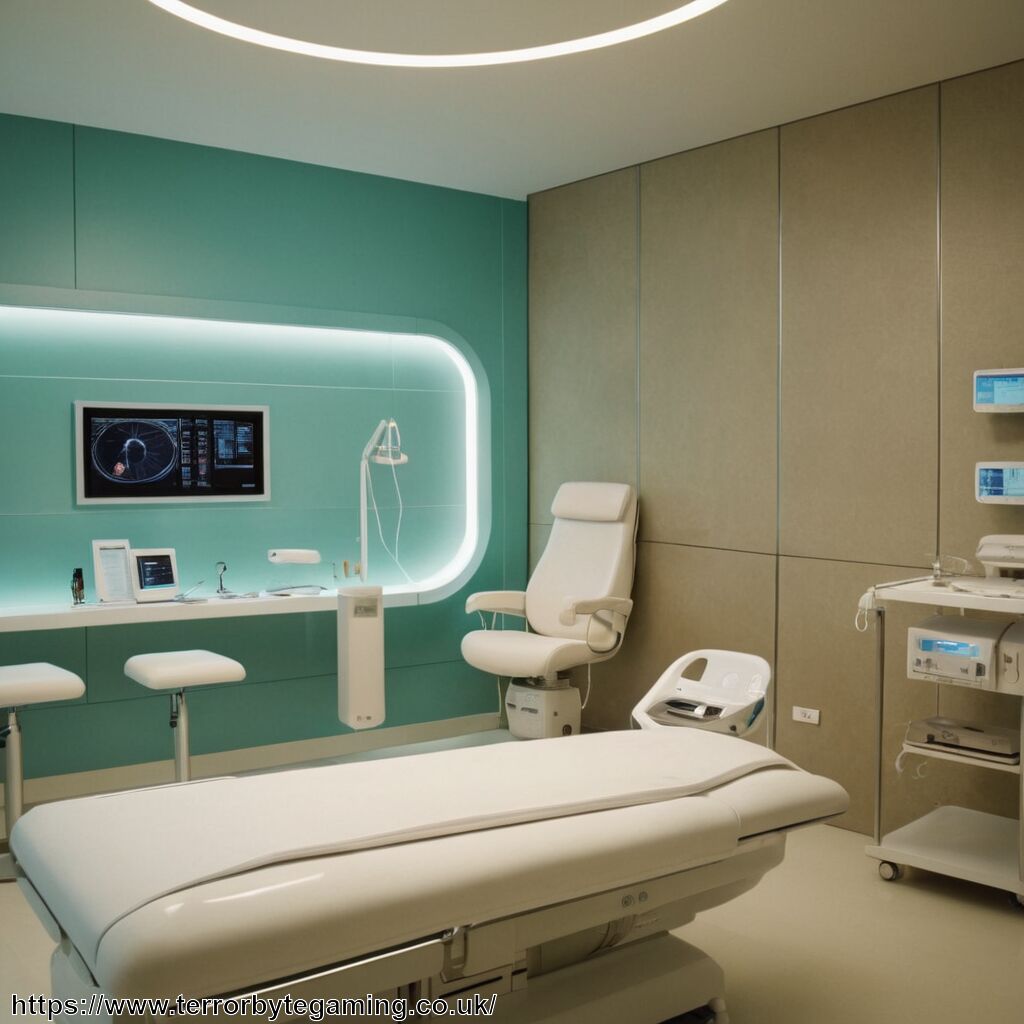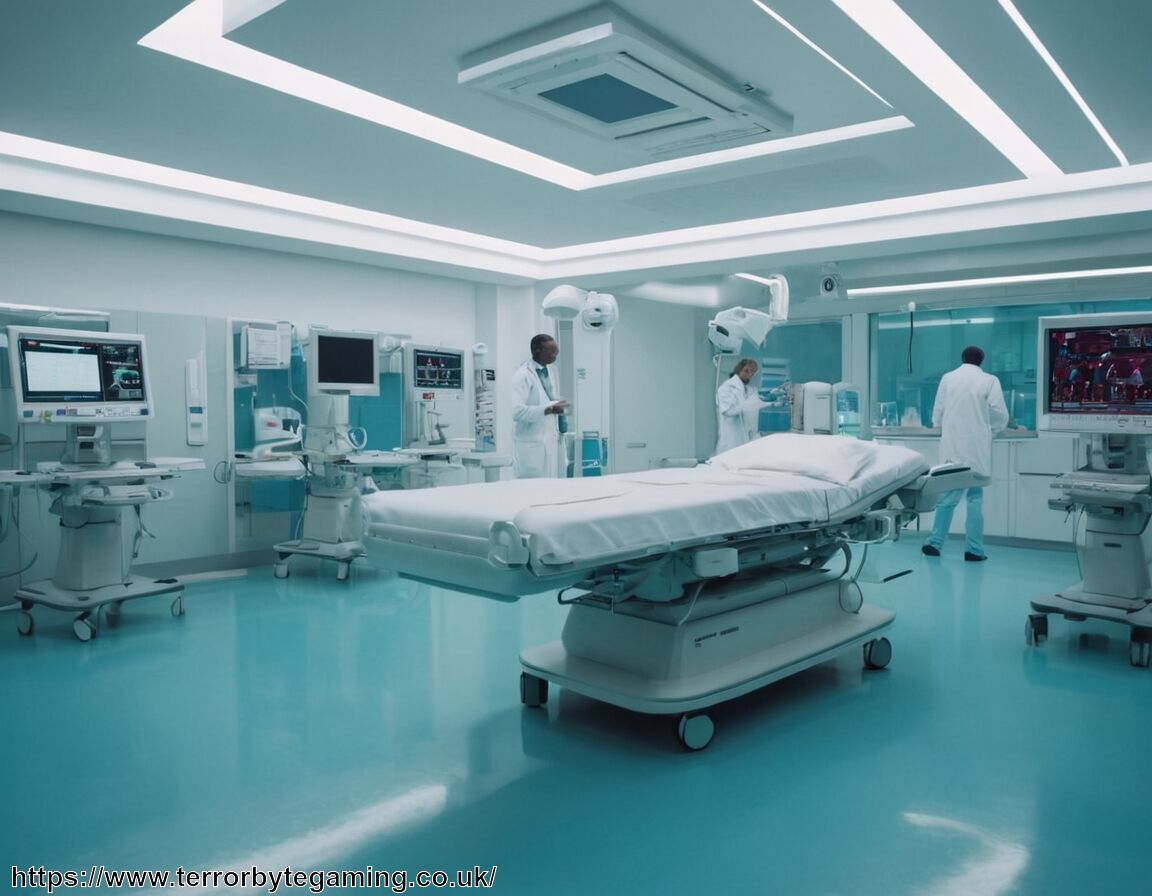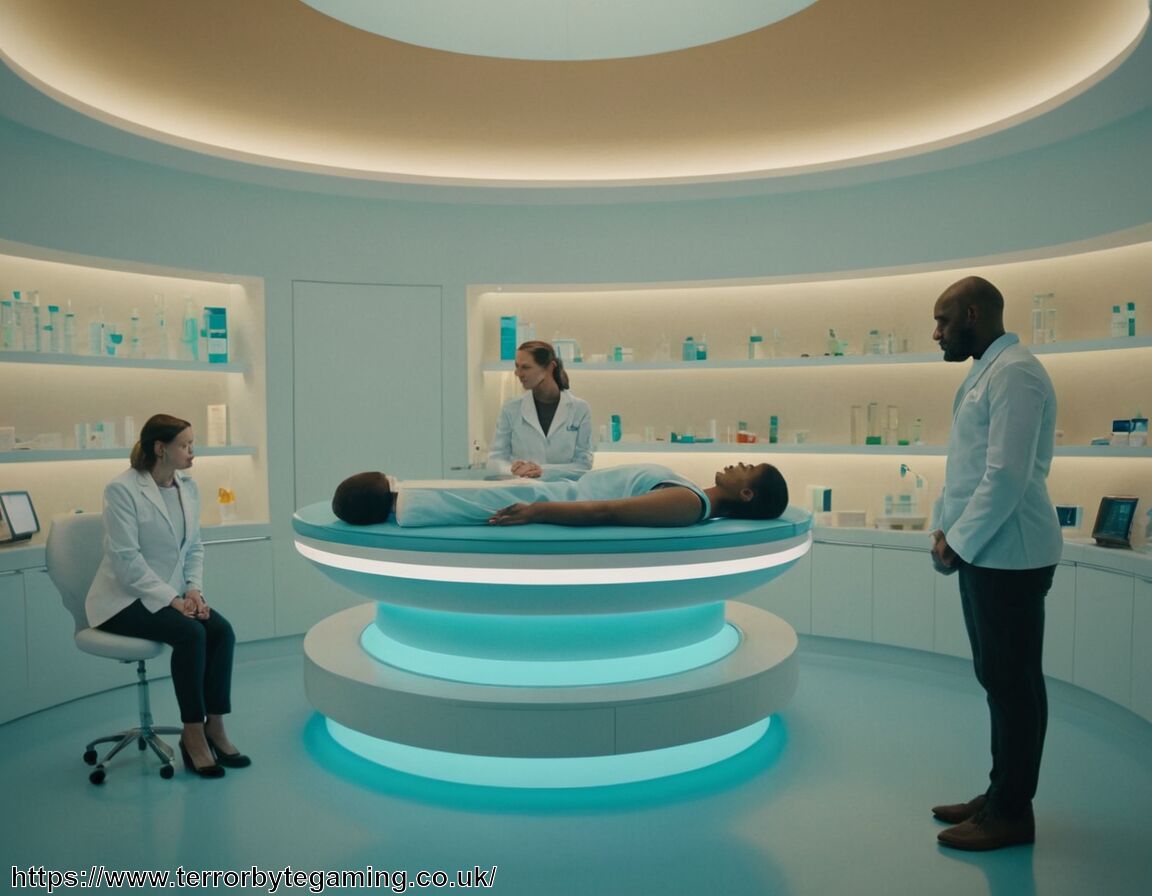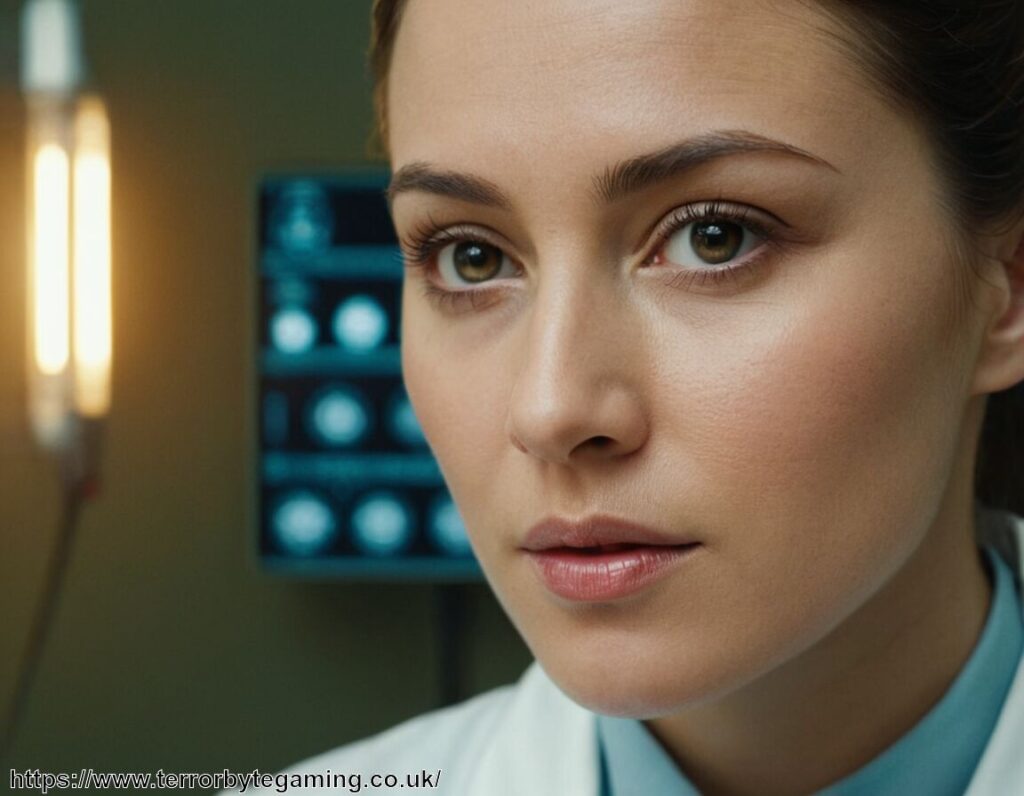Medicine has made enormous progress in recent years, revolutionising our healthcare system. Research and technology in particular have produced innovative solutions that can improve the lives of many people. These developments are occurring in various areas, from genome research to personalised treatments and advanced surgical techniques.
In this article, you will learn what modern medicine can do today. You will discover how new therapies and technological tools are changing our everyday lives and helping to improve quality of life. Let’s take a look at these fascinating achievements together!
Advances in genome research
Genome research has made remarkable progress in recent years, providing a deeper insight into the genetic basis of diseases. Thanks to modern sequencing technologies, we can now analyse the human genome faster and more cheaply than ever before. This opens up new avenues for the diagnosis and treatment of many diseases.
An important aspect of these developments is the discovery of specific genetic mutations associated with certain diseases. With this knowledge, doctors can develop targeted therapies that are precisely tailored to a patient’s genetic predisposition. This not only increases the effectiveness of a therapy, but also minimises potential side effects.
Genome research also makes it possible to recognise hereditary diseases at an early stage. Preventive measures give those affected the chance to actively shape their health and take decisive steps to avoid disease. In combination with other medical advances, it is clear that these experiences give ‘modernmedicine’ a significant role. Read here for further information.
These scientific achievements show us how important it is to make conscientious use of genetic information to develop personalised treatment approaches. It will be exciting to see how this field of research develops and what impact it can be expected to have on medicine in the future.
Innovative therapies for cancer treatment

The treatment of cancer has undergone a remarkable transformation thanks to new and innovative therapies. Immunotherapy in particular has proven to be a promising method of activating the body’s immune system to specifically attack cancer cells. This form of therapy uses specific antibodies or checkpoint inhibitors, for example, which help the body to strengthen its own defences against tumours.
Another important advance is targeted therapy, which uses drugs that target specific genetic changes in cancer cells. This personalised approach makes it possible to tailor treatments precisely to the individual patient, while at the same time largely sparing healthy cells. The combination of these new methods has significantly improved the chances of survival for many patients.
In addition, research into stem cell transplantation has not only optimised the prognosis for blood cancer patients, but has also created new hope for other types of cancer. Such advances show how dynamic research is and what innovative approaches are already being used in the clinic. Every day we move closer to better cancer treatment and a healthy life.
| Range | Progress | Impact |
|---|---|---|
| Genome research | Faster and cheaper analysis of the human genome | Personalised therapies and early diagnosis |
| Cancer treatment | Immune and targeted therapies | Improved survival rates and customised treatments |
| Minimally invasive surgery | Advanced surgical techniques | Shorter healing times and fewer complications |
Minimally invasive surgery optimises healing processes
Minimally invasive surgery has revolutionised the way surgical procedures are performed. Thanks to modern techniques, doctors can now perform operations with only small incisions, which offers a number of advantages. This method not only reduces the impact on the surrounding tissue, but also leads to shorter healing times for patients.
A major advantage of minimally invasive procedures is the significantly reduced post-operative pain experience, which speeds up the recovery process considerably. Patients are often able to return to their everyday lives more quickly, which immediately improves their quality of life. In addition, the risk of complications is reduced as less trauma is caused to the body.
By using advanced technologies such as camera technology and specialised instruments, surgeons can work more precisely. This not only enables a better outcome for the patient, but also more effective treatment in many medical fields, such as gynaecology or general surgery. Advances in this area show how significantly technological innovations are changing the way we deal with surgical procedures.
Telemedicine improves accessibility of care
Telemedicine has fundamentally changed healthcare by significantly improving access to medical services. Patients can now easily communicate with doctors without having to physically visit a surgery or clinic. This is particularly beneficial for people who live in rural areas or have limited mobility.
With the help of video conferencing and digital platforms, it is possible to make diagnoses, conduct therapy consultations and even fulfil prescription requests online. This form of remote treatment not only saves time and money, but also enables a faster response to health problems. It also facilitates the dissemination of information about illnesses and treatments, which helps patients to make informed decisions about their health.
Another advantage of telemedicine is that it reduces the burden on the healthcare system. Virtual consultations allow doctors to work more efficiently and reduce long waiting times in surgeries. In many cases, simple complaints or follow-up appointments can be dealt with online, freeing up valuable resources for more complex cases.
Overall, it is clear that telemedicine represents a significant step towards more modern, accessible healthcare. It opens up new avenues for patient care and promotes active health management.
Artificial intelligence supports diagnoses

The introduction of artificial intelligence in the medical field has significantly changed the way diagnoses are made. With intelligent algorithms, doctors can now identify diseases more quickly and accurately, leading to improved patient care. AI systems analyse large amounts of data and make decisions based on pattern recognition, which is often superior to human capabilities.
This technology supports doctors not only in diagnosing rare diseases, but also in recognising anomalies in imaging procedures such as X-rays or MRI scans at an early stage. This enables faster intervention, which can be life-saving in many cases. It also enables simple monitoring of chronic diseases through data analyses collected via wearables.
The use of AI increases diagnostic accuracy and reduces misinterpretations. This leads to an optimised treatment process, as doctors can make informed decisions based on reliable information. Overall, the support provided by artificial intelligence is a promising step into the future of medical diagnostics.
Personalised medicine for treatments

Personalised medicine is revolutionising the way diseases are treated. It is based on the idea that every person has unique genetic characteristics and environmental factors that should be taken into account when treating illnesses. With this approach, doctors can develop therapies that are specifically tailored to a patient’s individual characteristics.
Advances in genomic research have made it possible to perform genetic testing to determine which drugs will be most effective for a particular patient. This customised therapy not only ensures greater efficacy, but can also minimise the risk of unwanted side effects. For example, many cancer treatments have already begun to use targeted approaches that directly target the genetic profiles of the tumour.
Behaviour-based medicine also plays a major role. This involves investigating how individual lifestyles and behavioural patterns, together with genetic information, influence health. This enables doctors to make recommendations that go beyond drug treatment and promote a comprehensive health strategy.
This development shows that future treatments will be increasingly personalised to achieve optimal results for each individual. There is no doubt that personalised medicine brings a breath of fresh air to medical practice and gives hope for even better treatment outcomes.
| Medical field | Technological innovation | Benefits for patients |
|---|---|---|
| Telemedicine | Digital communication platforms | Improved accessibility and faster patient care |
| Artificial intelligence | Algorithm-based diagnoses | Increased accuracy and early detection of diseases |
| Personalised medicine | Genetic analyses for customised therapies | Optimised treatment effects and reduced side effects |
Vaccinations protect against life-threatening diseases
Vaccinations are a crucial part of public healthcare and play a central role in protecting against life-threatening diseases. They stimulate the immune system to develop defences against specific pathogens before they can infect the body. Through this preventative approach, immunisations have helped to greatly reduce many previously feared diseases such as measles, polio and hepatitis.
One important aspect is herd immunity, which occurs when a significant proportion of the population is immunised. This not only protects immunised people, but also those who cannot be vaccinated for medical reasons, such as newborns or people with certain pre-existing conditions. If enough people are immunised, a pathogen can spread less, which reduces the risk of an epidemic.
Especially in times of pandemics, it becomes clear how important vaccinations are to control the spread of infectious diseases. The development of new vaccines, such as against COVID-19, has impressively demonstrated that rapid scientific progress is possible to protect the lives of many people. Regular booster vaccinations are also important as they maintain immunisation protection and ensure that the body remains optimally armed against new variants of viruses.
After all, vaccinations not only contribute to individual health, but are also a common good that minimises health risks for everyone.
Robotics makes complex operations easier
The integration of robotic technology into the operating theatre has revolutionised the performance of complex operations. Robot-assisted surgery allows doctors to work with unprecedented precision, ensuring an improved view of the surgical field. This technology has proven to be particularly ground-breaking in minimally invasive procedures.
The use of robots not only optimises the handling of instruments, but also reduces post-operative pain symptoms. Patients benefit from shorter healing times and fewer scars, as robots can make very precise incisions. The risk of complications during the procedure is also significantly minimised.
Furthermore, these systems give the surgeon a feeling of relaxation. Due to the stability of robots, movements are more precise, which is particularly important in sensitive areas such as neurosurgery. Advances in robotics in the medical field are thus opening up completely new ways of successfully treating illnesses and helping patients to achieve a better quality of life more quickly.

